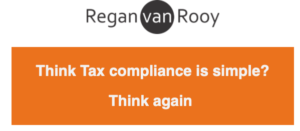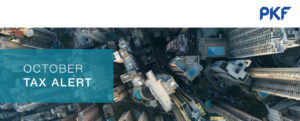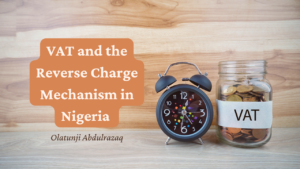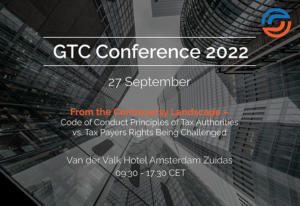Important judgment on simulation handed down by Supreme Court of Appeal
On 9 November 2018, the South African Supreme Court Appeal (“SCA”) handed down an important judgment in which it upheld Sasol Oil (Pty) Ltd’s appeal against a judgment of the Gauteng Tax Court.
The facts of the case were complex, but concerned certain back-to-back supply transactions entered into by a number of entities, including Sasol Oil, which the South African Revenue Service (“SARS”) contended were simulated.
An Isle of Man company in the Sasol group (“SOIL”) sold oil to a UK group company (“SISL”) which, in turn, sold it to Sasol Oil in South Africa. If SOIL had instead sold the oil it had purchased directly to Sasol Oil in South Africa, the controlled foreign company rules may have applied to allocate taxable amounts to SOIL’s South African shareholder.
However, the controlled foreign company rules did not apply to these transactions for SOIL, since it did not sell the oil to a connected person who was a resident of South Africa (ie Sasol Oil). Instead, it sold the oil to SISL, a UK resident entity. The Commissioner therefore sought to disregard the sales by SOIL to SISL and instead treat SOIL as if it had sold the oil directly to Sasol Oil in South Africa.
In the alternative, SARS contended that, to the extent that the transactions were found not to be simulated, they fell within the provisions of section 103(1) of the Income Tax Act, 1962 (the “Act”) and should be disregarded.
In upholding Sasol Oil’s appeal, Lewis JA, writing for the majority of the court, confirmed a number of important principles relevant to the doctrine of simulation/“substance over form”, the application of section 103 of the Act (the previous anti-tax-avoidance provisions) and certain aspects pertaining to the general anti-avoidance rule.
Two further judgments were written:
- one for a minority which would have found in favour of SARS, on the basis that the relevant agreements and transactions were not genuine and therefore simulated; and
- a separate concurring judgment, emphasising the evidentiary requirements for a finding of simulation, and criticising the approach of the minority, and that of the tax court, in this regard.
We briefly discuss below the important principles confirmed by this judgment.
Simulation
Referring to C:SARS v NWK Ltd, Lewis JA stated that the law surrounding the test for simulation was not changed by the judgment in that case, quoting with approval from a previous judgment handed down by the Supreme Court of Appeal in C:SARS v Bosch where it was held that “simulation is a question of the genuineness of the transaction under consideration” and that if the transaction “is genuine it is not simulated and if it is simulated then it is a dishonest transaction”.
The majority of the court found that the transactions between SOIL, SISL and Sasol Oil were genuine transactions and had a legitimate purpose. It held that there were good commercial reasons for introducing SISL into the supply chain.
The majority of the court found that Sasol Oil had discharged the onus of proving that the supply agreements were genuine and not “false constructs”, precluding the conclusion that the supply transactions were simulated.
The separate judgment of Ponnan JA, in which the majority concurred, reemphasised that a finding of simulation requires evidence that the ostensible agreements are a pretence or that a secret or unexpressed agreement exists which is at odds with the apparent agreements.
Section 103 of the Act
SARS contended that the supply transactions must be disregarded in the assessment of Sasol Oil’s income tax liability in accordance with section 103 of the Act.
Sasol Oil contended that in order to fall foul of section 103(1) of the Act, the transactions must have the effect of getting out of the way of, escaping or preventing, an anticipated tax liability (in line with previous decisions in Smith v CIR and Hicklin v SIR).
Lewis JA posed the question: “If the parties had not entered into the impugned transactions, would Sasol Oil have had a liability for tax that is avoided, or escaped from, by entering into them?”
In order to answer this question, Lewis JA stated that it must be determined what liability Sasol Oil had avoided by entering into the supply transactions.
The majority of the court agreed that SARS failed to show that the transactions had the effect of avoiding a tax liability as required for section 103(1) of the Act to apply.
The majority of the court also held that the transactions were not abnormal, and therefore, held that SARS’ reliance on section 103(1) of Act was unfounded.
For more information, please contact ENSafrica’s tax department.











